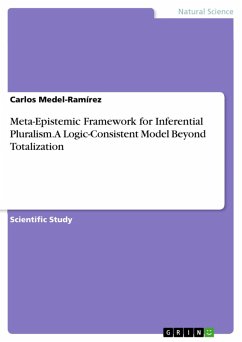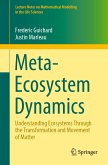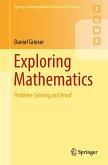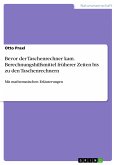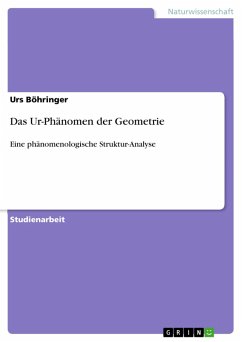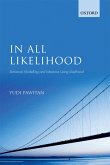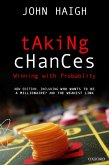Scientific Study from the year 2025 in the subject Mathematics, University of Veracruz (IIESES), course: Logica Matemática, language: English, abstract: Meta-Epistemic Framework for Inferential Pluralism: A Logic-Consistent Model Beyond Totalization presents a groundbreaking theoretical architecture that challenges classical assumptions in logic, semantics, and epistemology. In an age of increasing complexity and interdisciplinary entanglement, this book proposes a pluralistic, non-totalizing approach to inference-where contradiction, incompleteness, and semantic diversity are not failures, but essential features of real-world reasoning. Drawing from paraconsistent logic, type theory, dynamic epistemology, and category theory, the author constructs a meta-inferential model that allows agents to reason locally, adapt to contradictions, and interact across divergent semantic domains. This structure permits epistemic mutation and semantic drift, while avoiding the collapse into triviality or dogmatic universality. Instead of seeking ultimate closure, the framework embraces the undecidable, the incomplete, and the heterogenous as central pillars of inference. The model is defined through formal logic notation and supports applications in quantum logic, ethical reasoning, legal pluralism, cognitive modeling, and the design of AI systems capable of navigating contradictory information. By introducing agents with context-sensitive logic systems and deformation operators, it enables a new class of inference mechanisms grounded in epistemic humility, flexibility, and coherence. Intellectually rigorous yet conceptually innovative, this work appeals to readers in philosophy of science, mathematical logic, artificial intelligence, political theory, and interdisciplinary research. Whether addressing the paradoxes of self-reference or modeling the epistemic ruptures of scientific revolutions, it invites scholars and practitioners to rethink the very foundations of knowledge, logic, and truth.
Dieser Download kann aus rechtlichen Gründen nur mit Rechnungsadresse in A, B, BG, CY, CZ, D, DK, EW, E, FIN, F, GR, HR, H, IRL, I, LT, L, LR, M, NL, PL, P, R, S, SLO, SK ausgeliefert werden.

